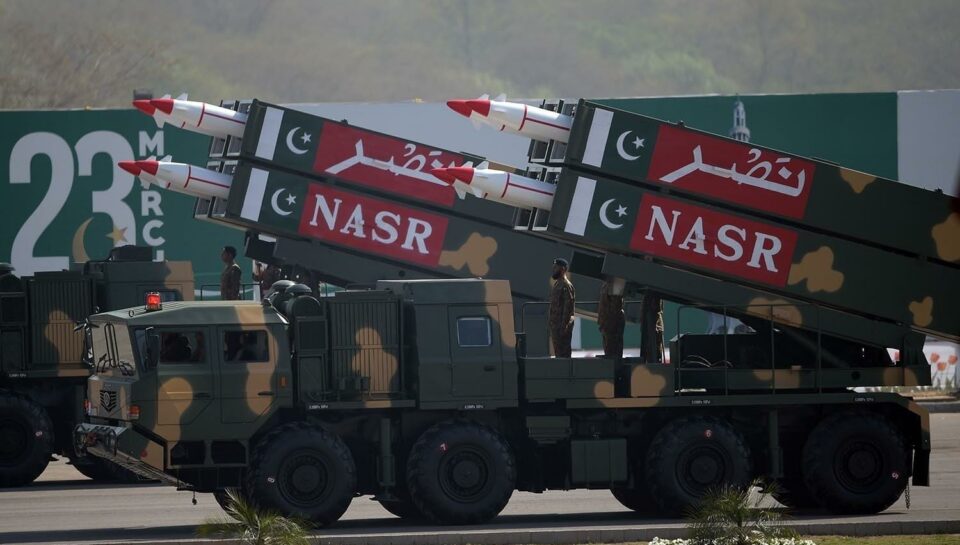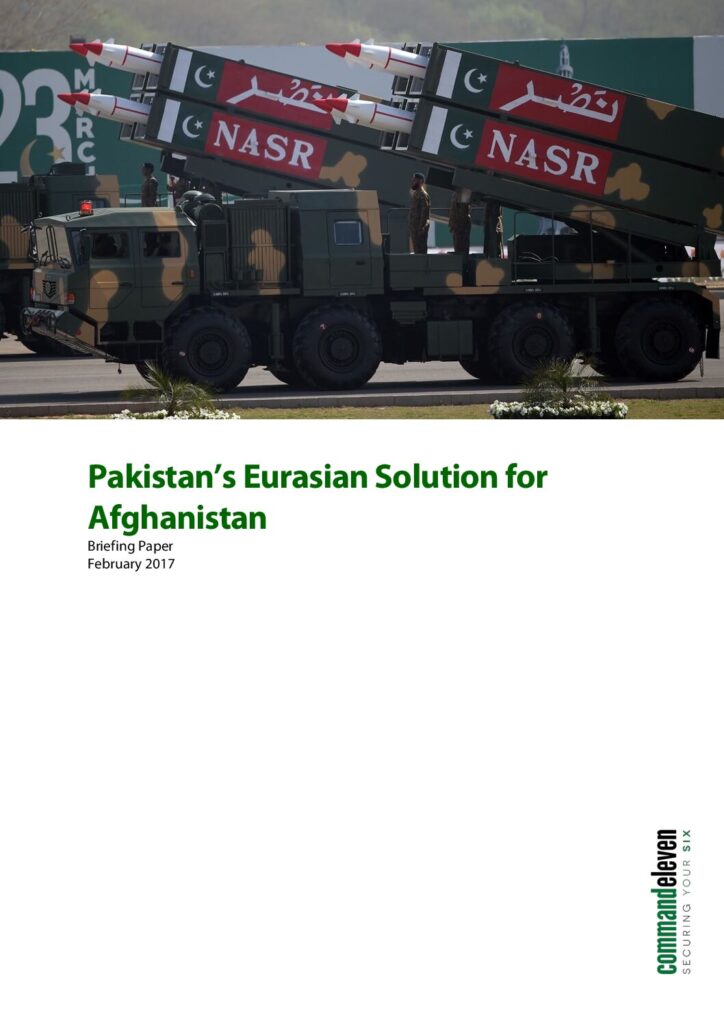Executive Summary
Moscow will host six-party talks about Afghanistan on 15 February, with Afghanistan, Pakistan, China, Iran, India, and naturally Russia expected to be represented. Moreover, Zamir Kabulov – thought of as being the leader of the “Islamophile” South Asian faction in the Ministry of Foreign Affairs – extended an invitation to the US as well, though stipulating that it should first be “ready to work constructively with regional powers” and “determine what they are planning to do in Afghanistan.” Given these conditions and the fact that the Trump Administration has yet to articulate its strategy on Afghanistan, Kabulov was probably just being diplomatic in inviting his American counterparts, and if they show up at all, they might be represented by low-level token dignitaries like they were for Astana.
Multilateral Syrian And Afghan Talks: Same Format, Similar Hope
Speaking of which, there’s an interesting parallel between the Astana process for Syria and the developing Eurasian framework for Afghanistan. At the end of December, Moscow hosted two very high-profile summits dealing with both of these conflicts, with the outcome of the Syrian-related one being the Moscow Declaration and subsequent Astana gathering, while the Afghan one seems to have produced the forthcoming meeting in Moscow next week. Both prior events importantly emphasized the trilateral cooperation between Russia, Iran, and Turkey in Syria, and Russia, Pakistan, and China in Afghanistan, and it’s no surprise that both of their follow-up summits expanded the format to include additional players.
For example, the Astana gathering involved a motley crew of “moderate opposition rebels” alongside Damascus’ legitimate representatives, and Russia also spoke about its future intention to involve Egypt, Saudi Arabia, Qatar, Jordan, and Iraq. Furthermore, a Russian-written “draft constitution” for Syria was unveiled at the talks, and Moscow stated that it envisions this document laying the foundation for an eventual political settlement to the war. Pursuant to that, Russian Minister of Foreign Affairs Sergei Lavrov said that he hopes that it will be part of the upcoming intra-Syrian Geneva discussions which are expected to resume later this month. All in all, however, the most consequential outcome reached at the Astana talks was the ‘normalization/legitimization’ of the “moderate opposition rebels” and their formalized separation from the terrorist groups that some of them were only just recently a part of.
As for next week’s six-party Moscow talks on Afghanistan, it’s clear to see that the trilateral format between Russia, Pakistan, and China is obviously being expanded to twice its size through the inclusion of Iran, India, and Afghanistan, and potentially even the US to some capacity. It’s doubtful that a similar foreign-written “draft constitution” will be announced at the event, but what can instead be expected to come out of the meeting are similar efforts to formally divide the “good/moderate” Taliban from the “bad/terrorist” ones which have since gone on to become part of Daesh’s franchise in the country. There’s no indication that India will yield in its unwavering and obstinate stance that all Taliban are “terrorists”, but the American-backed Kabul government has belatedly and only just recently recognized that they must eventually enter into dialogue with the Taliban in order to end the war, and herein lays the opportunity for a future breakthrough.



